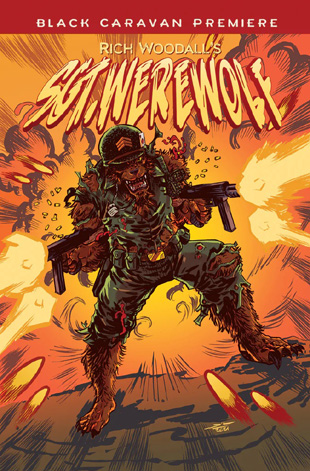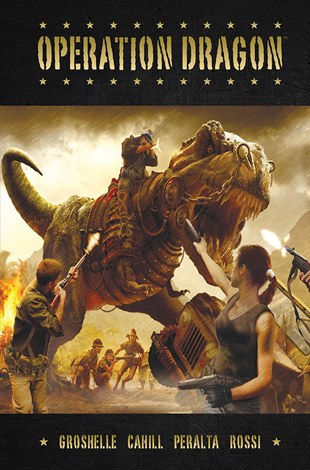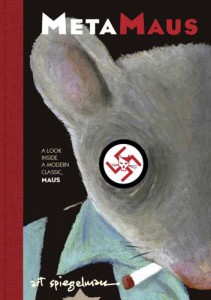Sometimes just a title is going to tell you most of what you need to know. Definitely true for a title like Sgt. Werewolf, a new comic written and illustrated by Rich Woodall. “Sgt. Steve Hovatter leads a small group of U.S. Commandos to infiltrate Lichtenstein castle in Germany and recover intel on Nazi Occult operations. The Commandos are captured, and Sgt. Hovatter is executed. Hours later Sgt. Hovatter is transformed into a Werewolf, and he uncovers a much more sinister plot at Castle Lichtenstein.” It’s coming to the comic book shelves this month from Scout Comics, through their horror imprint Black Caravan.

image c. 2023 Scout Comics

